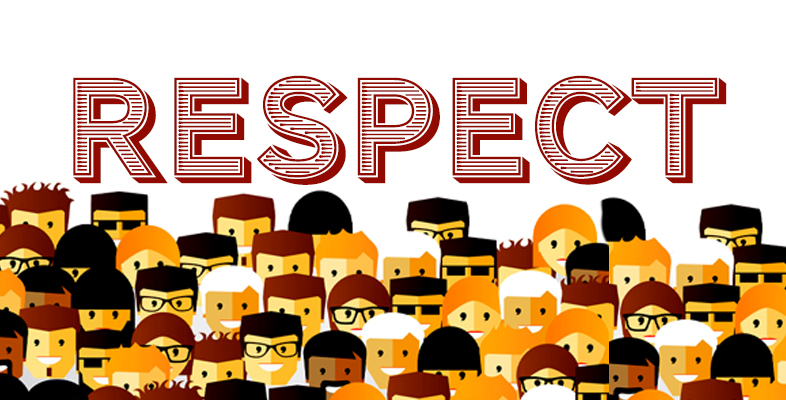2 Respecting vulnerability in research
Would you want one of your family members or colleagues to take part in research that might open the door to exposing your family or team in a less than favourable light?
Be aware that research can make people vulnerable due to the topic, the context or because participants are themselves part of a vulnerable group in society. It can make people vulnerable when including them by posing a risk, or by excluding them through omitting their voice. Being ethical about the possible risks of research means anticipating and then respecting the vulnerability of participants, as well as taking care of the vulnerability and safety of researchers.
Activity 3 Who is vulnerable?
For each example in Table 4.1 below, respond (with yes, no or depends) if you think collecting data in each example might raise issues of vulnerability.
In the final column, indicate from the choices offered (group, topic, context or not applicable) the reason for the vulnerability. Use ‘not applicable’ in the examples for which you have answered no to the first question. You will have a chance to discuss your ideas about vulnerability on the course forum in Activity 5.
| Who? | Could indicate vulnerability? (Yes/no/depends) |
Why? (group, topic, context or not applicable) |
| 1. Young person, 19, conducting participatory workshop on teenage pregnancy and sexual health. | ||
| 2. Researcher recording audio interviews with parents in home-school group. | ||
| 3. Documentary research in census pre-1911 using outdated/offensive terms for disability. | ||
| 4. Filming play at home of child under 16 with communication impairment. | ||
| 5. Seeking consent from parent with limited English to film classroom of child under 16. | ||
| 6. Analysing nurses’ reflective journals on different nursing experiences. | ||
| 7. Large-scale online survey of women’s perceptions of body image. | ||
| 8. Researcher conducting psychology experiment on eye tracking and paintings. | ||
| 9. Conducting focus group with young adults after leaving care on their fostering and care home experiences. | ||
| 10. Visual analysis of drawings of conflict by displaced people. |
All of the examples you considered in Activity 3 might involve a degree of vulnerability, but not all can be predicted.
- Research involving vulnerable groups might include those identified legally as a child, needing consent to be given by a parent/guardian, as well as them being approached directly. This is certainly the case with under-16s in the UK, and might also include all those under 18, depending on whether individuals are considered to have the mental capacity to give their own consent and this is accepted at the organisational level of their setting e.g. sixth-form, further education college or care setting. Reduced capacity to consent might also include adults with cognitive impairment, language or literacy difficulties. Consent should therefore be sought in age- and developmental-appropriate ways which give respect and meet legal obligations.
- Research involving sensitive topics that might cause offence, distress or violate privacy – such as sexual health, historical constructions of disability, body image, looked after children or experiences of conflict and fragile environments like war – all have the potential to make participants and researchers vulnerable. As well as participants, researchers visiting a home or some settings might be vulnerable physically or emotionally without risk analysis, debriefing or appropriate psychosocial support.
Think about:
Do you think this implies avoiding any vulnerable groups or sensitive topics, for example in the areas you might want to research?
Reflect on when you might choose to read and analyse the research of others instead of conducting research yourself. Imagine carrying out a risk assessment and then proceeding with caution, being aware that ethical dilemmas might arise and how you might need to adapt a design to be more inclusive. Research often needs courage and other similar virtues to deal with challenges. You will consider this further in the next section.

